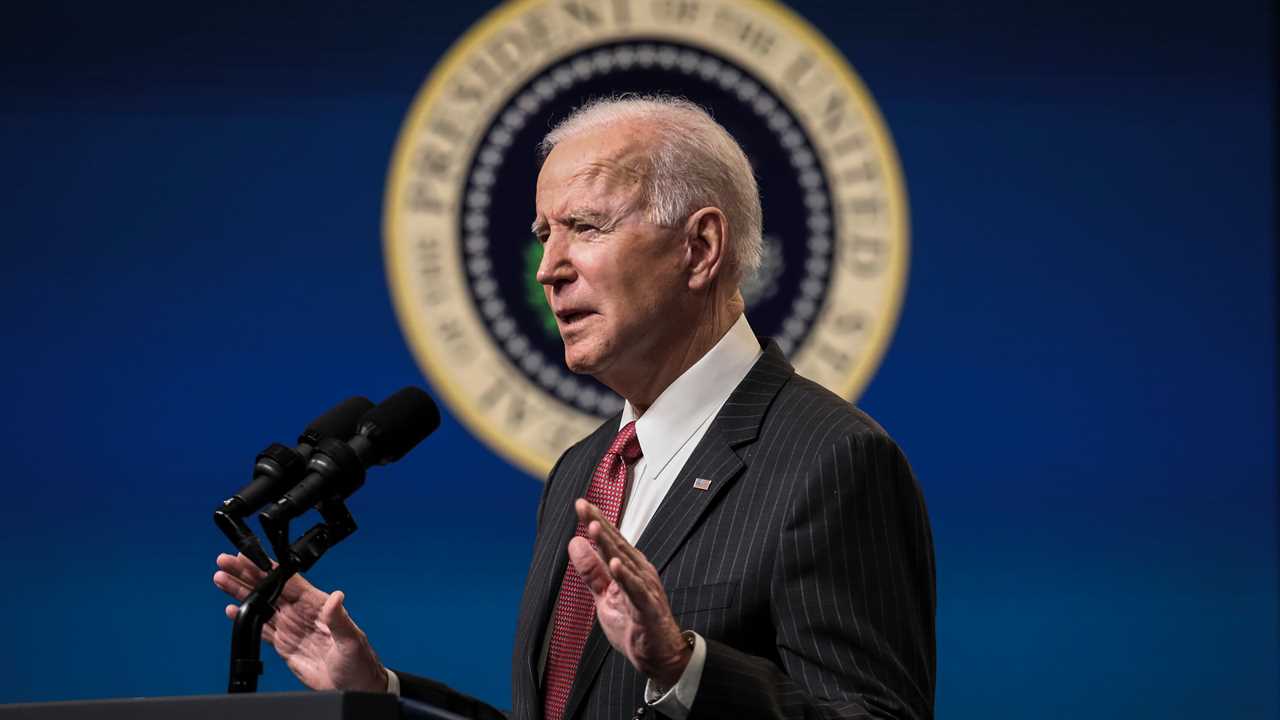
WASHINGTON — An international effort to expedite the manufacturing and distribution of coronavirus vaccines around the globe got a lift on Thursday on two fronts: White House officials said the Biden administration would make good on a U.S. promise to donate $4 billion to the campaign over two years, and the pharmaceutical company Novavax pledged to eventually donate 1.1 billion doses of its vaccine.
President Biden will make his announcement on Friday during a virtual meeting with other leaders from the Group of 7, where he is also expected to call on other countries to step up their contributions. The $4 billion was approved last year by a Democratic-led House and Republican led-Senate when President Donald J. Trump was in office.
Public health experts often say that unless everyone is vaccinated, it is as if no one is vaccinated. One of the officials, who spoke anonymously to preview the president’s announcement, said it was also in the interest of international security for the United States to help with efforts abroad to diminish the effects of the pandemic.
Countries like India and China are already using the coronavirus vaccine as a diplomatic tool; both are giving away doses to other nations in an effort to expand their global influence. National security experts said the United States should consider doing the same.
“We might use the vaccine internationally to buttress our relationships with allies, to potentially establish some positive cooperation with China, to deal with humanitarian issues in less developed parts of the globe,” Richard J. Danzig, who was the secretary of the Navy to President Bill Clinton, said in an interview late last year, lamenting the Trump administration’s indifference to the idea. Such an effort, he said, “could yield us very substantial national security advantage.”
The Biden White House appears to be headed in that direction. After taking office, Mr. Biden directed federal agencies to come up with “a framework for donating surplus vaccines, once there is sufficient supply in the United States, to countries in need,” including through the international program.
Latest Updates
- ‘It was like a war call’: Applications to nursing schools rose during the pandemic.
- California’s legislature pushes $12.6 billion plan to open schools.
- Grocery store workers in Washington, D.C., can now get vaccines as the city expands its rollout.
But, an official said on Thursday, the United States will not share vaccines now, while the domestic vaccination campaign is expanding.
The administration has secured 600 million doses of the two vaccines that have emergency authorization, enough for 300 million Americans. Those doses are expected to be in hand by the end of the summer, and Mr. Biden said this week that vaccines would be available for every American by the end of July. If additional vaccines are approved, as is most likely, that would add to the United States’ supply.
The international vaccine effort, known as Covax, has been led by the public-private health partnership known as Gavi, the Vaccine Alliance, as well as the Coalition for Epidemic Preparedness Innovations and the World Health Organization. It aims to distribute vaccines that have been deemed safe and effective by the W.H.O., with an emphasis on low- and middle-income countries.
The White House officials said the money would be delivered in multiple tranches: an initial donation of $500 million right away, followed shortly by an additional $1.5 billion. The remaining $2 billion will delivered by the end of 2022.






